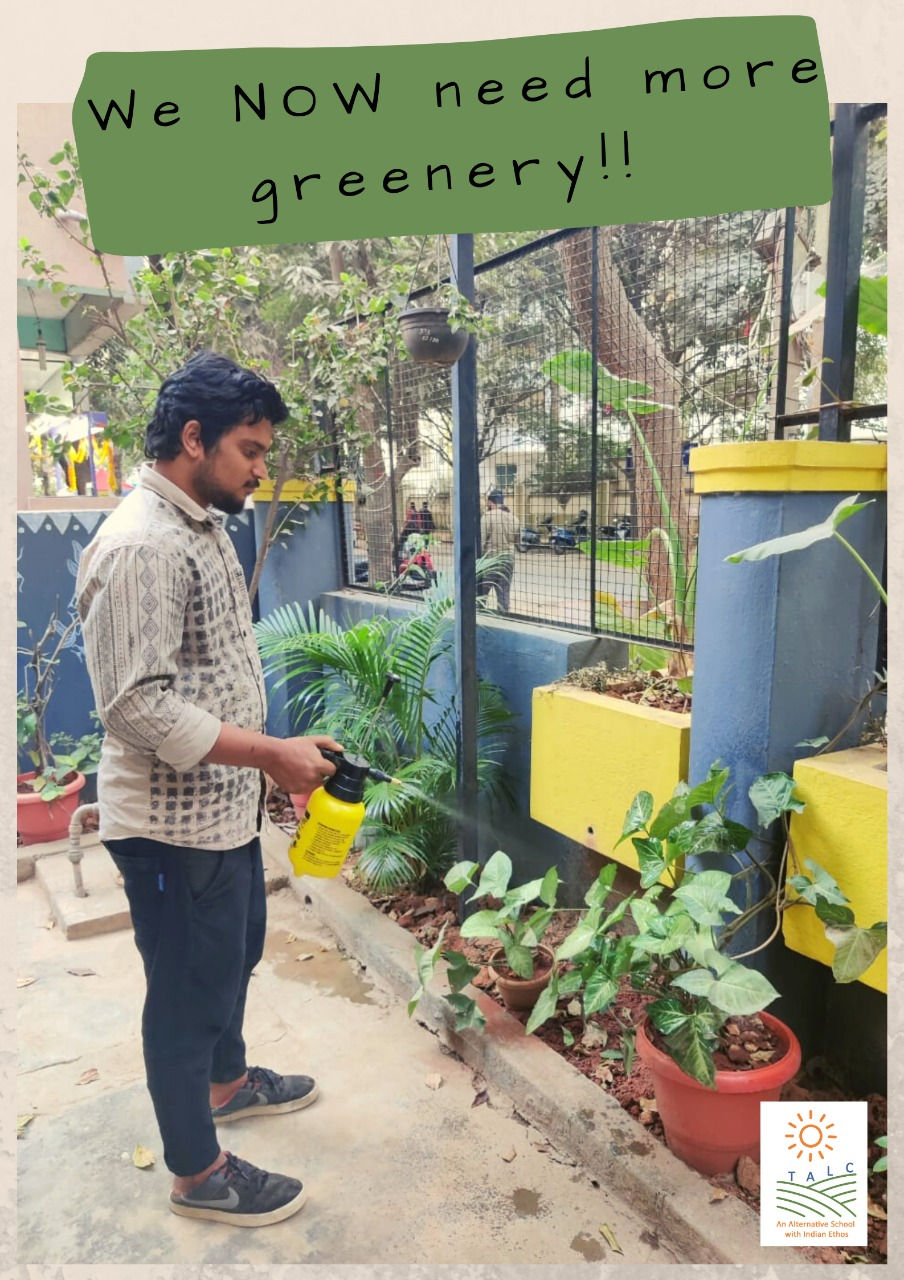Indian Education - Still a debate?
- latha

- Aug 27, 2020
- 3 min read
Updated: Aug 29, 2020
We Indians are a smart bunch of people who always find success wherever we go. Right from heading organizations like Google and Microsoft to being part of the governance in countries like US and UK, our prosperity as a nation seldom coincides with the archaic education system which remains a debating point. Why?
Let's think about it again.
Our need to always be thorough with what we read is a very important skill everyone must have (read up psychology, and you’ll know why!) but these days, being thorough unfortunately simply means by-hearting alone. In accordance with this, our NCERT curriculum is widely known as one of the best curriculums with a very well thought out framework.
Then what went wrong?
The issue lies in that we have NEGLETED the very foundation of our Indian education system that we have been following for aeon – the SKILL BASED APPROACH - which unfortunately dissolved into caste-based identities.
With the advent of the British and their systems, the focus shifted to the main outcome being marks. Since we loved “working” for the British and we found their “acceptance” as a key factor of success, we moved to “marks” as signs and standards of prosperity.
Cut to 73 years post-Independence, we are still stuck with “How well did you score?”
This a question every student gets asked on a regular basis, used to brand the child, demolish him/her and their potential and even bracket them, denying opportunities.
In a world where the need to understand concepts and gain knowledge to prepare for the future is what should be the primary concern, high marks achieved via conventional-learning methods only damages their potential.
The real concentration should be on the child's overall development & skill gain, growth (emotional, physical, mental) and life skills, of which theoretical academics should be a constitutional part.
To add to the mess, the current “leading” schools today mostly focus on finishing up the portions before exams to be able to claim “100% results”.
They drill into the child and parents that ONLY by-hearting matters !
While rote learning is a beneficial way to train one’s mind & memory and get facts “on finger tips”, using it as the only way of learning is the biggest DETRIMENT that has crept into our education system, affecting the education system and the “identity” of the child and their family.
The problem lies in that we STOP the child from explore-learning in their way and reaching their full potential. The child & their learning is forgotten in the maze of portions, usually spread over topics, with no depth, no chance to explore or deep-dive. What’s worse, we are taught only with textbooks and syllabi becomes the KING and the child, the VICTIM.
So, what do we do??
COME TO T A L C & see how education should be imparted!
When the way of teaching is Child Centric® and not just syllabus-centric, the child leads the way with their unique learning pattern and style.

This allows the child to reach his/her maximum potential in terms of development and understanding and they DON’T EVEN HAVE TO compare themselves with the other students around, TO KNOW HOW WELL THEY perform.
WEAKNESSES are worked on rather than being criticized and the STRENGTH of each child is used to reach and address their weaknesses, which is a point constantly critiqued and used against the child in a non-TALC ENVIRONMENT.
Sadly, what “leading” schools do is neglecting or hiding the small things a child achieves and the things they can do well (strengths) and rather only highlighting those that child is unable to perform very well at (weaknesses) leads to immense self-esteem issues and emotional damage.
But at TALC, it is the opposite - it is very important for us to look at the child as an individual with positive and negative qualities alike and not only the aspect of theoretical academic learning.
So, NOTHING HAS GONE WRONG WITH OUR EDUCATION FRAME WORK – we now only need to change the lens through which we see our self, our performance metrics and how we value what we do.






Comments